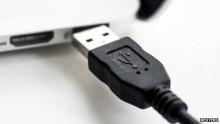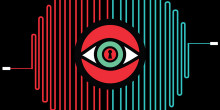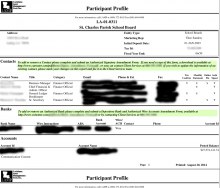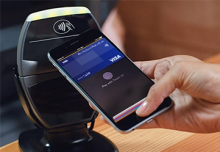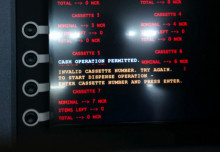Jitters over U.S. surveillance could undermine the Internet
Overly broad U.S. government surveillance is breaking down trust on the Internet in ways that could hurt users everywhere and make it harder to launch new kinds of services, tech executives told a U.S. senator pushing for reforms.
Revelations about National Security Agency (NSA) monitoring are leading foreign governments to consider erecting barriers against the global Internet and requiring their citizens' data be stored in the same country, according to Sen. Ron Wyden, a Democrat from Oregon, and tech leaders who joined him at a roundtable in Palo Alto, California.















































